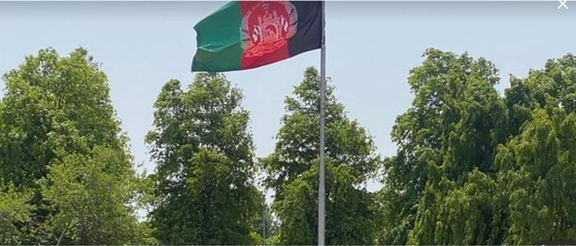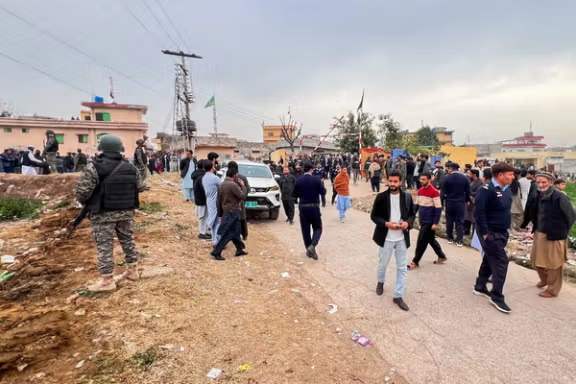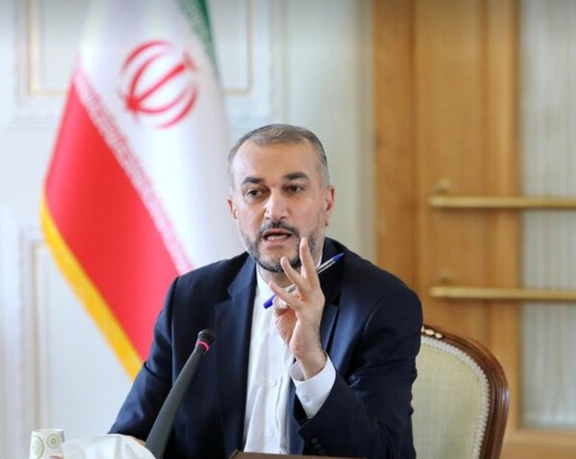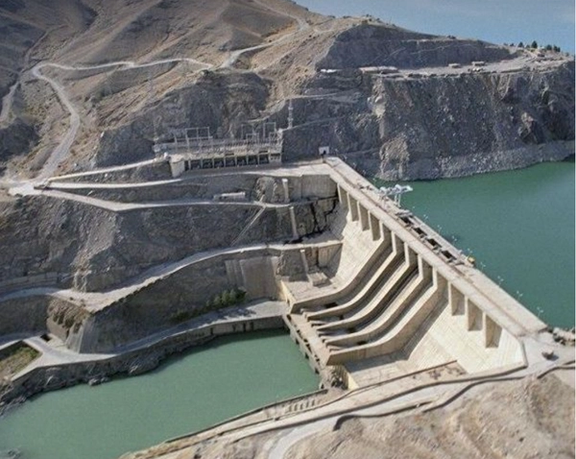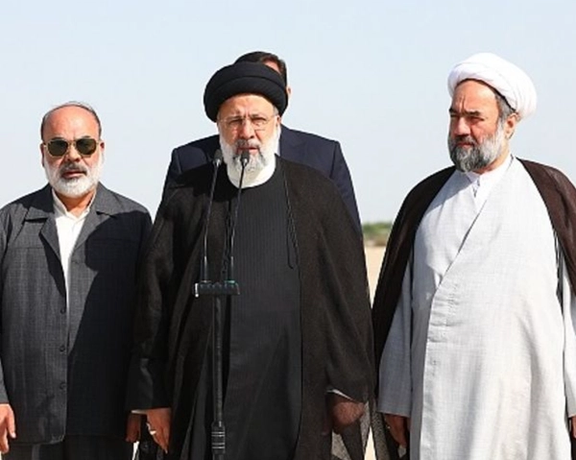Although India has not allowed the Afghan embassy to be transferred from the diplomats of the Islamic Republic of Afghanistan to the Taliban, it is unclear how India’s policies with regards to the Afghan embassy and the Taliban will unfold.
The tension between the Afghan diplomats in New Delhi and the Taliban has been leaked to the media and the power struggle over the possession of this important embassy has not been resolved yet.
The controversy began when Taliban’s Foreign Minister Amir Khan Muttaqi appointed Qadir Shah, Afghanistan's trade counsellor to India, as the acting head of Afghanistan's embassy in India after the current ambassador, Farid Mamundzay, had been accused of mismanagement and corruption. It seems that these reports, which have not been confirmed, are laying the groundwork for the removal of the ambassador who had been appointed by former Afghan president, Ashraf Ghani, and replace him with a representative of the Taliban.
In two official letters, Amir Khan Muttaqi, the foreign minister of the Taliban, first asked for the return of Farid Mamundzay to Kabul and then asked for the management of the Afghan embassy to be handed over to Qadir Shah, who is currently in New Delhi as a diplomat of the embassy. It seems that the Taliban has chosen a representative from among the current Afghan diplomates to take over the Afghan embassy in New Delhi.
There is no doubt that this move was not hidden from the eyes of India’s Ministry of Foreign Affairs and the Indian Intelligence Services.
However, the attempt to remove Mamundzay and make him return to Kabul, who also has British nationality, has so far failed. On the contrary, he returned to his job at the embassy and denied the allegations of administrative and financial corruption and exposed the Taliban's attempts to take over the Afghan embassy in India in order to force New Delhi not to give in to the Taliban's demands with the help of public opinion.
Therefore, the fate of the Afghan embassy in India is still in question and the story continues. India considers the Taliban as a proxy group of Pakistan and in close contact with other extremist Islamic groups such as Lashkar-e-Taiba and Jaish-e-Mohammed, which have repeatedly waged terrorist attacks in major and important cities in India. The Taliban also has a record of the deadly attack on the Indian embassy in Kabul in 2008. During the first Taliban era, Islamist hijackers close to Pakistan hijacked an Indian passenger plane and the only place they were allowed to land was in Kandahar.
The bloody and controversial history of India and Islamic extremism has not been forgotten. India's anti-terrorism policy has been based on condemning the activities of these groups, including the Taliban. Even, this policy has been projected to the Indian public through various means including Bollywood movies. That’s why any turn in India's foreign policy towards the Taliban can cause domestic reactions.
Therefore, any move to raise the Taliban flag on Indian soil is a difficult choice for New Delhi. But the fact is that India, like many other pragmatic countries, must come to terms with the reality of Afghanistan today and not leave this country completely for a rival neighbour. Therefore, the Indian government has engaged with the Taliban in Afghanistan. One of India's measures is to reopen a part of its embassy in Kabul, which it called a "technical mission".
Officials of the Indian Ministry of Foreign Affairs have also visited Kabul several times and met with the Taliban. The Indian government cooperates with the Taliban in providing medical support, humanitarian aid, and training for the Taliban members. However, accepting the Taliban's request to take charge of the Afghan embassy in New Delhi will be another step in strengthening relations between the two sides.
The Taliban has not received any international recognition so far, but by resorting to various methods, it has been able to install representatives in at least 14 countries such as Pakistan, China, Russia, Iran, Qatar, and Turkmenistan, or choose a representative from among diplomats and take over the management of the Afghan embassies. Afghanistan has more than 40 embassies and 20 consulates worldwide, and many of these diplomatic institutions are in limbo.
Taking over the Afghan embassy in New Delhi seems to be one of the most important goals of the Taliban toward its international presence. It seems efforts to retain Qadir Shah, the trade consul of the Afghan embassy in New Delhi, and backdoor negotiations with Indian officials to receive the key of the Afghan embassy is a goal that the Taliban will not give up anytime soon.
